This article was medically reviewed by Tu Anh Vu, DMD and by wikiHow staff writer, Hannah Madden. Dr. Tu Anh Vu is a board certified dentist who runs her private practice, Tu's Dental, in Brooklyn, New York. Dr. Vu helps adults and kids of all ages get over their anxiety with dental phobia. Dr. Vu has conducted research related to finding the cure for Kaposi Sarcoma cancer and has presented her research at the Hinman Meeting in Memphis. She received her undergraduate degree from Bryn Mawr College and a DMD from the University of Pennsylvania School of Dental Medicine.
There are 10 references cited in this article, which can be found at the bottom of the page.
This article has been viewed 72,939 times.
Brushing your teeth twice a day is important for your oral health and to keep your teeth shiny and white. However, if you often feel pain, burning, or itchiness after you brush your teeth, it might be time to switch up your toothpaste brand. We’ve answered your questions about toothpaste so you can pick the best type that’s right for your teeth. If your symptoms get so bad that you can’t eat, drink, or swallow, see a doctor right away to get some help.
Steps
Why does my mouth burn when I use toothpaste?
-
1It’s most likely an allergy to a chemical in the toothpaste. This allergy, called contact cheilitis, can cause dryness, pain, and blistering in the corners of your mouth. It’s usually caused by exposure to an irritating chemical, like what’s in your toothpaste.[1]
- If you think you might be experiencing contact cheilitis, stop using any products that might be causing your symptoms. You should also avoid any possible irritants like chewing gum, candy, tobacco products, and acidic foods/juices.
-
2It could also be perioral eczema or contact leukoderma. Perioral eczema and contact leukoderma are 2 types of painful reactions that can cause redness and irritation around your mouth and lips. In some people, these reactions develop after using certain toothpaste because of the ingredients it contains.[2]
- Perioral eczema is an inflammation of the mouth and lips which turns them an intense red color.
- Perioral leukoderma is a whitening of the skin surrounding the mouth.
- Both conditions have been linked in some studies to contact with cinnamic aldehyde, a toothpaste additive.
Advertisement -
3It might just be a canker sore. These common mouth sores are usually caused by persistent irritation, either from something inside the mouth or from an additive in certain dental products. Use a mirror to check your inner cheeks and your tongue; if you see a white or red inflamed bump, you have a canker sore.[3]
- Sodium Lauryl Sulfate (SLS), a foaming agent and detergent commonly added to toothpaste, is known to cause irritation/pain and increase canker sore outbreaks.
- Canker sores usually go away on their own in a few days or weeks, so you shouldn’t have to do much about it.
Which ingredients make toothpaste hurt my mouth?
-
1Abrasive agents, like calcium carbonate, could be a factor. Abrasive agents are used to scrub away debris, plaque, and stains on your teeth. If you have a sensitive mouth, the abrasive agents could be irritating the inside of your mouth because of the friction.[4]
- Try avoiding toothpaste with abrasive agents like calcium carbonate and silica. Your symptoms should improve after a few weeks.
-
2Whitening toothpaste is more irritating than normal toothpaste. Many people experience pain or discomfort after using whitening toothpaste. In addition to using abrasive components, many whitening pastes also use chemicals that are meant to break down stains and remove plaque off your teeth, which can burn your already sensitive mouth.[5]
- If you notice any soreness in your gums, cheeks, or tongue, stop using the toothpaste.
- Avoid whitening toothpaste for a few weeks and see if your condition improves.
-
3Flavorings can cause allergic reactions. Common flavorings include spearmint, peppermint, menthol, carvone, cinnamal, and anethole. Look for toothpaste without additional flavorings and see if your symptoms go away after a few weeks.[6]
- Because mint and cinnamon flavorings, in particular, are so prevalent in toothpaste, it may be difficult to find a toothpaste that does not contain these chemicals. Non-flavored toothpaste is out there, but you might just have to search a little harder for it.
What are the best natural toothpastes?
-
1Try Burt’s Bees Enamel Care toothpaste for overall protection. This toothpaste is made without preservatives, artificial flavors, dyes, or SLS (Sodium Lauryl Sulfate). It comes with the American Dental Association’s seal of approval, so you know it’s a good toothpaste that you can use twice a day.[9]
- Burt’s Bees toothpaste does contain natural mint flavoring. If you think you’re allergic to the mint flavor in toothpaste, this product might not be the one for you.
-
2Try Hello Naturally Whitening Toothpaste to whiten your teeth. This natural toothpaste doesn’t contain any SLS, but it does have fluoride and a calcium blend to gently whiten your smile. Plus, you’ll still get that foamy texture, even with its natural ingredients.[10]
- Hello Naturally Whitening Toothpaste has the ADA seal of approval, so you can rest assured it’s safe to use on your teeth.
Expert Q&A
Did you know you can get premium answers for this article?
Unlock premium answers by supporting wikiHow
-
QuestionWhat toothpaste should I use if my teeth are sensitive?
 Tu Anh Vu, DMDDr. Tu Anh Vu is a board certified dentist who runs her private practice, Tu's Dental, in Brooklyn, New York. Dr. Vu helps adults and kids of all ages get over their anxiety with dental phobia. Dr. Vu has conducted research related to finding the cure for Kaposi Sarcoma cancer and has presented her research at the Hinman Meeting in Memphis. She received her undergraduate degree from Bryn Mawr College and a DMD from the University of Pennsylvania School of Dental Medicine.
Tu Anh Vu, DMDDr. Tu Anh Vu is a board certified dentist who runs her private practice, Tu's Dental, in Brooklyn, New York. Dr. Vu helps adults and kids of all ages get over their anxiety with dental phobia. Dr. Vu has conducted research related to finding the cure for Kaposi Sarcoma cancer and has presented her research at the Hinman Meeting in Memphis. She received her undergraduate degree from Bryn Mawr College and a DMD from the University of Pennsylvania School of Dental Medicine.
Board Certified Dentist
Warnings
- Some medications may cause mouth sores. Check with your doctor if you think this is the reason for your mouth pain.⧼thumbs_response⧽
- See your doctor right away if your pain gets worse, if you have difficulty swallowing, or if you develop any other symptoms.⧼thumbs_response⧽
References
- ↑ http://www.dermnetnz.org/reactions/toothpaste-reactions.html
- ↑ http://www.dermnetnz.org/reactions/toothpaste-reactions.html
- ↑ https://www.mouthhealthy.org/en/az-topics/c/canker-sores
- ↑ https://www.ada.org/en/member-center/oral-health-topics/toothpastes
- ↑ http://www.mayoclinic.org/healthy-lifestyle/adult-health/expert-answers/whitening-toothpaste/faq-20058411
- ↑ http://www.ncbi.nlm.nih.gov/pmc/articles/PMC2922711/
- ↑ http://www.dermnetnz.org/reactions/toothpaste-reactions.html
- ↑ https://www.mayoclinic.org/healthy-lifestyle/adult-health/expert-answers/sensitive-teeth/faq-20057854
- ↑ https://www.mouthhealthy.org/en/ada-seal-products/category-display/compare-products/product-report?productid=5503&company=Sunflower+Distributing+LLC
- ↑ https://www.mouthhealthy.org/en/ada-seal-products/category-display/compare-products/product-report?productid=5530&company=Hello+Products+LLC
- ↑ https://www.mouthhealthy.org/en/ada-seal-products/what-is-the-ada-seal
- ↑ Tu Anh Vu, DMD. Board Certified Dentist. Expert Interview. 10 April 2020.
About This Article
To find a toothpaste that doesn’t hurt your mouth, look for toothpastes without abrasive ingredients like calcium carbonate or silica, which can irritate your gums. You should also avoid toothpastes with whitening agents, since the chemicals in these toothpastes can cause painful reactions. It can be overwhelming to find a toothpaste without these ingredients, so try looking for an all-natural one since they usually don’t have any abrasive additives. If you’ve tried different toothpastes and your mouth still hurts, talk to your doctor to see if you may be allergic to something in your toothpaste. To learn how to determine if you have an infection in your mouth, read more from our Dental co-author.
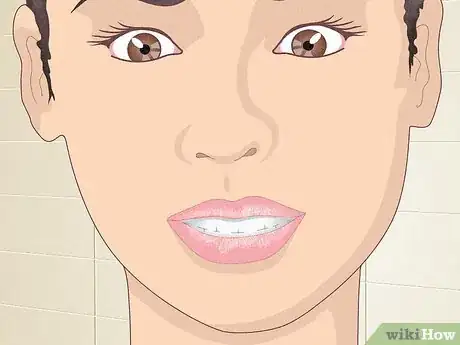
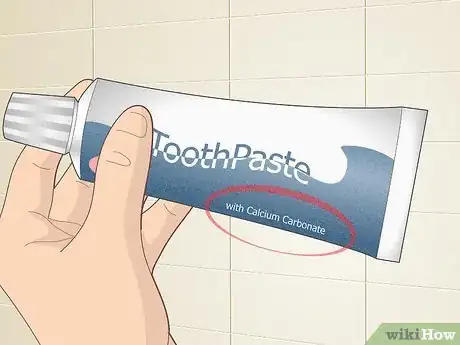
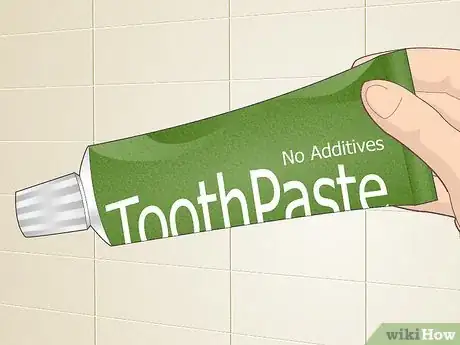
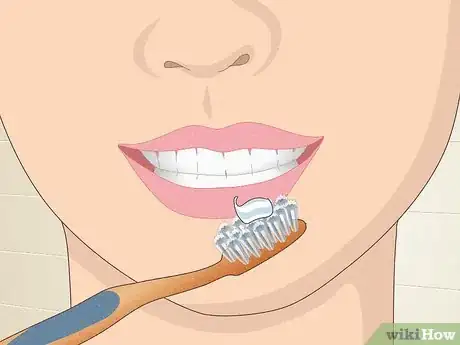
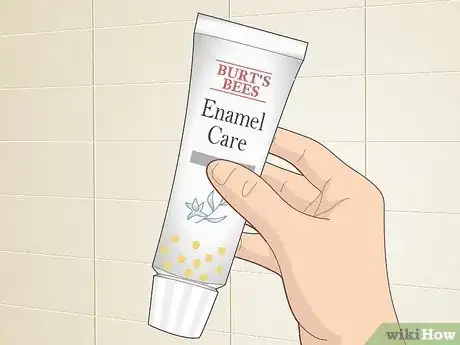
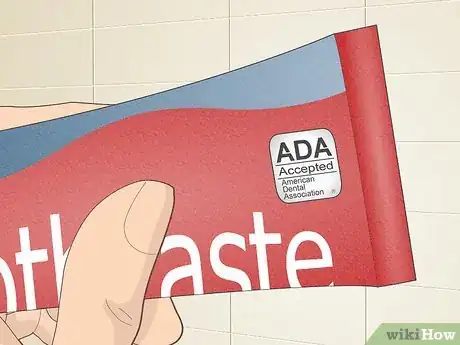
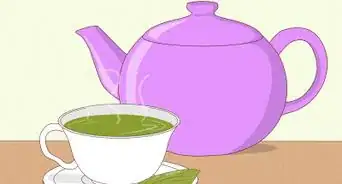

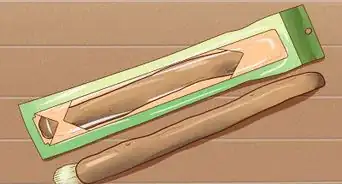
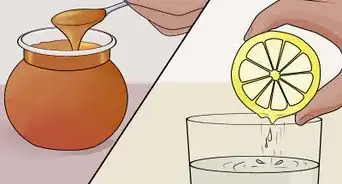

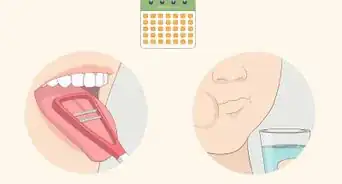
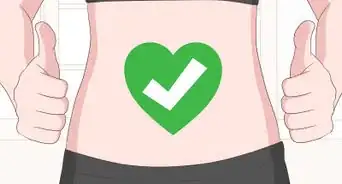
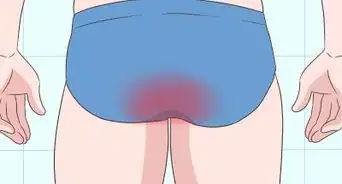
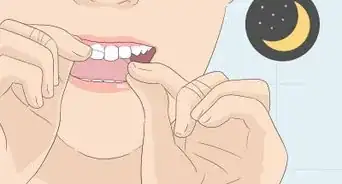
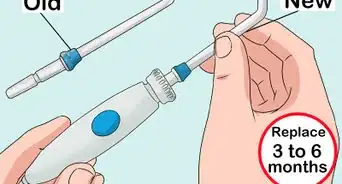
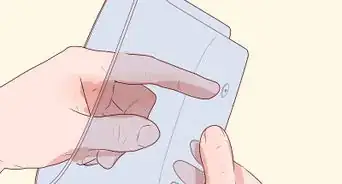
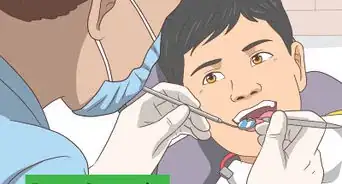
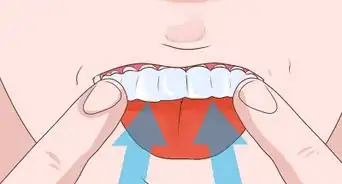









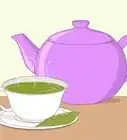

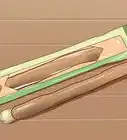
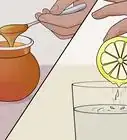



































Medical Disclaimer
The content of this article is not intended to be a substitute for professional medical advice, examination, diagnosis, or treatment. You should always contact your doctor or other qualified healthcare professional before starting, changing, or stopping any kind of health treatment.
Read More...